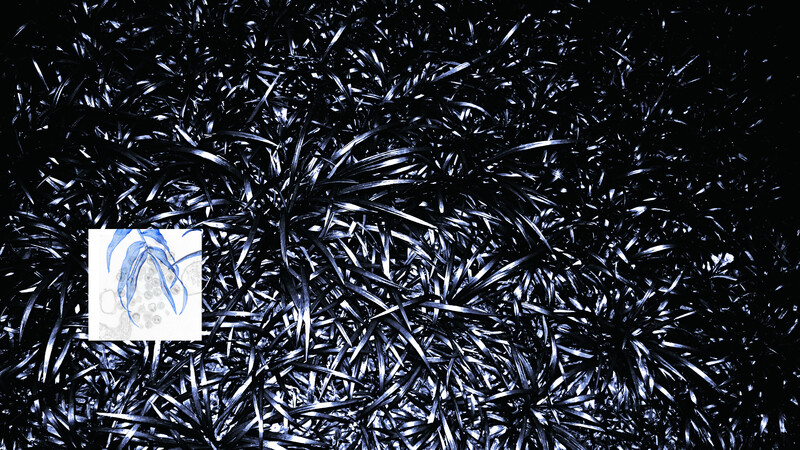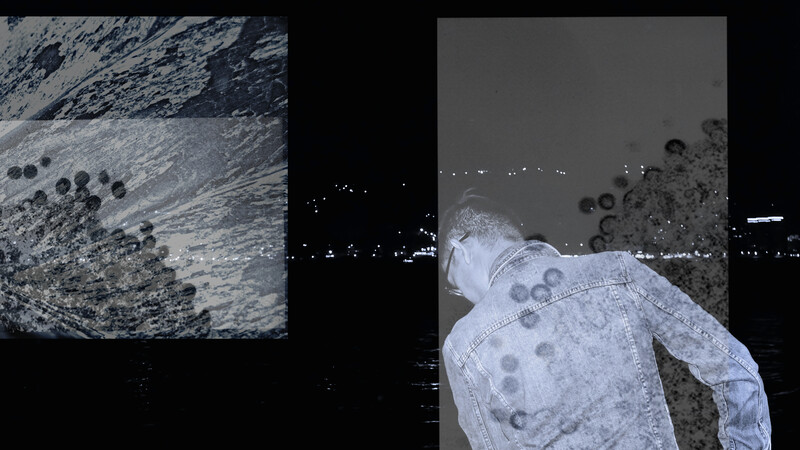- 7.2.0Cover
- 7.2.1tl;dr part 2Editorial
- 7.2.2Proposition 1: HandsIvetta Sunyoung Kang
- 7.2.3Breaking with the PastJarrett Robert Rose
- 7.2.4On Solar FuturesImre Szeman
- 7.2.5technology of careMirusha Yogarajah
- 7.2.6W.E.I.R.D.: EmergencyNicola Privato
- 7.2.7COVID-19 ARMitchell Akiyama
- 7.2.8XKara Ditte Hansen, cheyanne turions
- 7.2.9The Ill-Fated Class of 2020Alex Cameron
- 7.2.10This Text is a MonumentMark Dudiak
- 7.2.11Endurance Is Not ResistanceOlivia Klevorn
- 7.2.12Pandemic, Time for a Transversal Political ImaginationAli Ahadi
- 7.2.13Wake Work and the Coronavirus PandemicBeverly Bain
- 7.2.14When your people are sickJayda Marley
- 7.2.15MetanoiaLynn Hutchinson Lee
- 7.2.16“the future is ritual”shaina sarah isles evero fedelin agbayani
- 7.2.17Essential Work = Essential WorkerEmily Cadotte
- 7.2.18New HeuristicsJesse LeCavalier
- 7.2.19(séro)TROPICAL(e)Gian Cruz
(séro)TROPICAL(e)
- Gian Cruz

Gian Cruz’s (séro)TROPICAL(e) series negotiates the tropics as a potent site of resistance: against colonial exploitation of land and bodies, and the naturalization of cissexism and heterosexuality. Cruz’s images, imagined as atypical and performative self-portraits of the artist in relation to surpassing AIDS-related health complications in early 2015, picture the intersections of the bodily, the viral, and the ecological. In so doing, they render HIV/AIDS narratives visible in the context of contemporary Southeast Asian art (specifically in the Philippines), while contending with the emergence of pandemics as colonial phenomena driven by natural resource extraction and the erasure of Indigenous traditions. Cruz’s work evokes the reverberating and persistent ecologies of infectious disease in the Philippines throughout the Spanish colonial era, where increased maritime trade, destruction and disruption of vital ecosystems via colonial agricultural policies, and military intervention in food systems rendered Filipinx populations vulnerable to waves of disease. At once, colonization uprooted pre-colonial social systems—where societies were governed by babaylans or shamans that could be male, female, gay, or trans—overwriting traditional understandings of gender and sexuality with Western ones. In the context of both contemporary and historical pandemics and rising anti-Asian racism, Cruz reflects on the viral disease’s lack of inherent meaning or intention. Rather, a virus’s human contexts and their conditions of social inclusion and exclusion ascribe meaning to it and advance its dangerous potential.

How might the tropics then emerge not only in resistance to colonial sexual ideologies, but also as alternatives to Occidental terminologies and lexicons of queerness? (séro)TROPICAL(e) offers decolonial queer ecologies11Following the work of Colombian transgender biologist Brigitte L. G. Baptiste. as a way to both carve out regionally specific queer imaginaries, and to face the non-linear trauma of the HIV/AIDS and COVID-19 pandemics. As artist and writer Theodore Kerr articulates, “By comparing COVID-19 to AIDS, people are finding a way to work out their emerging fears regarding the present health scare as well as to deal with ongoing HIV-related trauma.”22Theodore Kerr, “How to Live With a Virus: The COVID-19 pandemic becomes a part of our ongoing understanding of HIV,” POZ, March 23, 2020, https://www.poz.com/article/live-virus. While many comparisons between COVID-19 and the HIV/AIDS epidemic of the 1980s are being made today, these narratives often ignore the persistence of the AIDS crisis beyond a Euro-American context—including its emergence as a pandemic in the Philippines. Cruz asks: How might we confront unresolved traumas from ever-multiplying pandemics that farcically alter the quotidian? (séro)TROPICAL(e) begins to find an answer by attending to the peripheries of queer identity and queer struggle. In doing so, Cruz visualizes tropicality as an elsewhere—not a romantic escape or a search for a universalizing redefinition of queerness, but a site for situated knowledges about fluid and non-binary perceptions of gender. More than this, (séro)TROPICAL(e) imagines a site for future elsewheres beyond Capitalocene ideologies.

See Connections ⤴